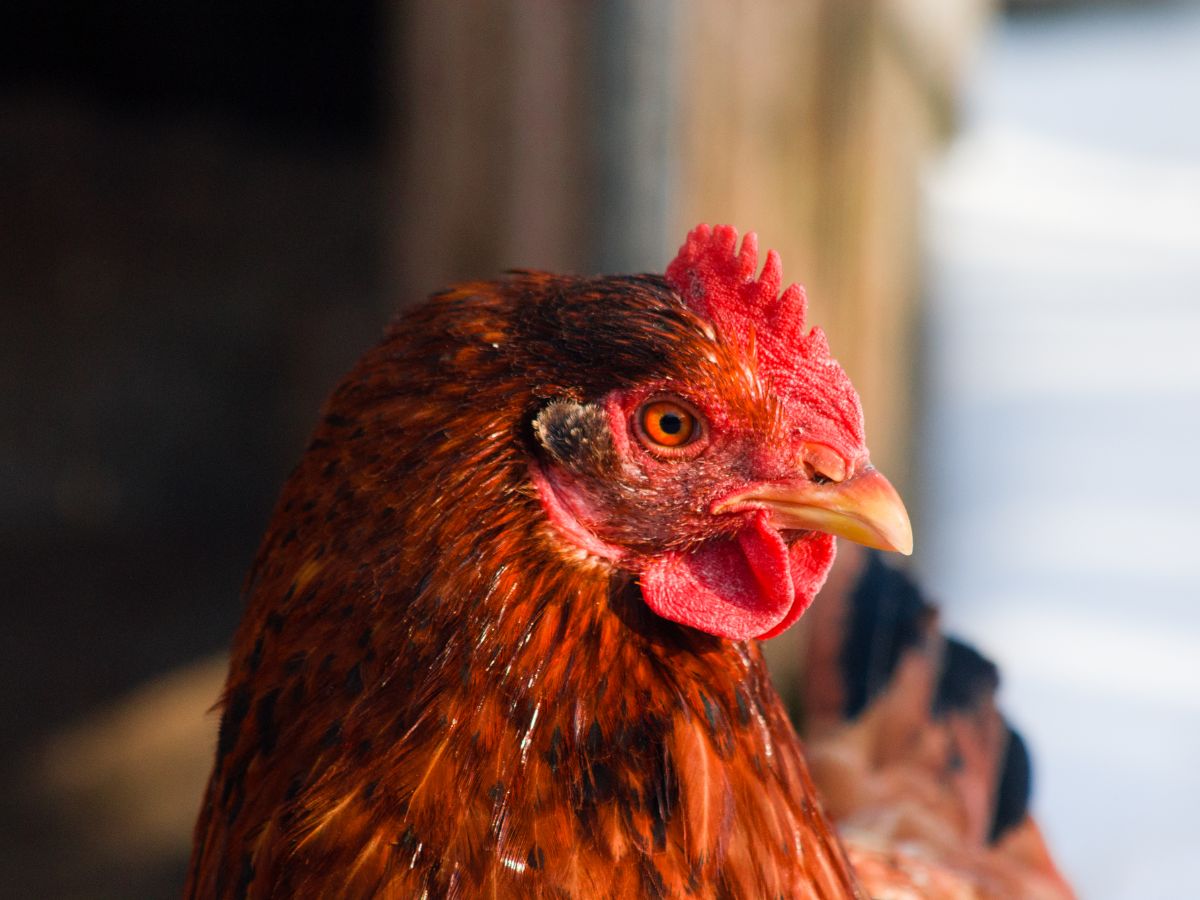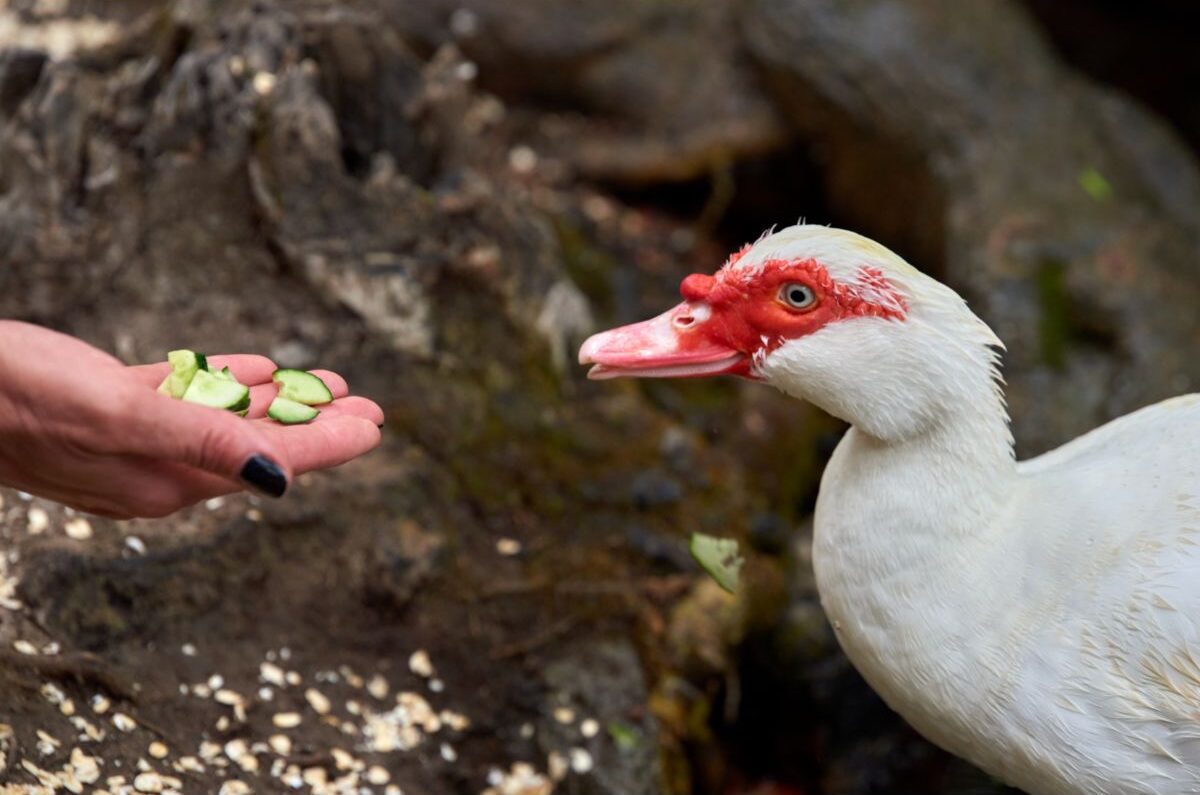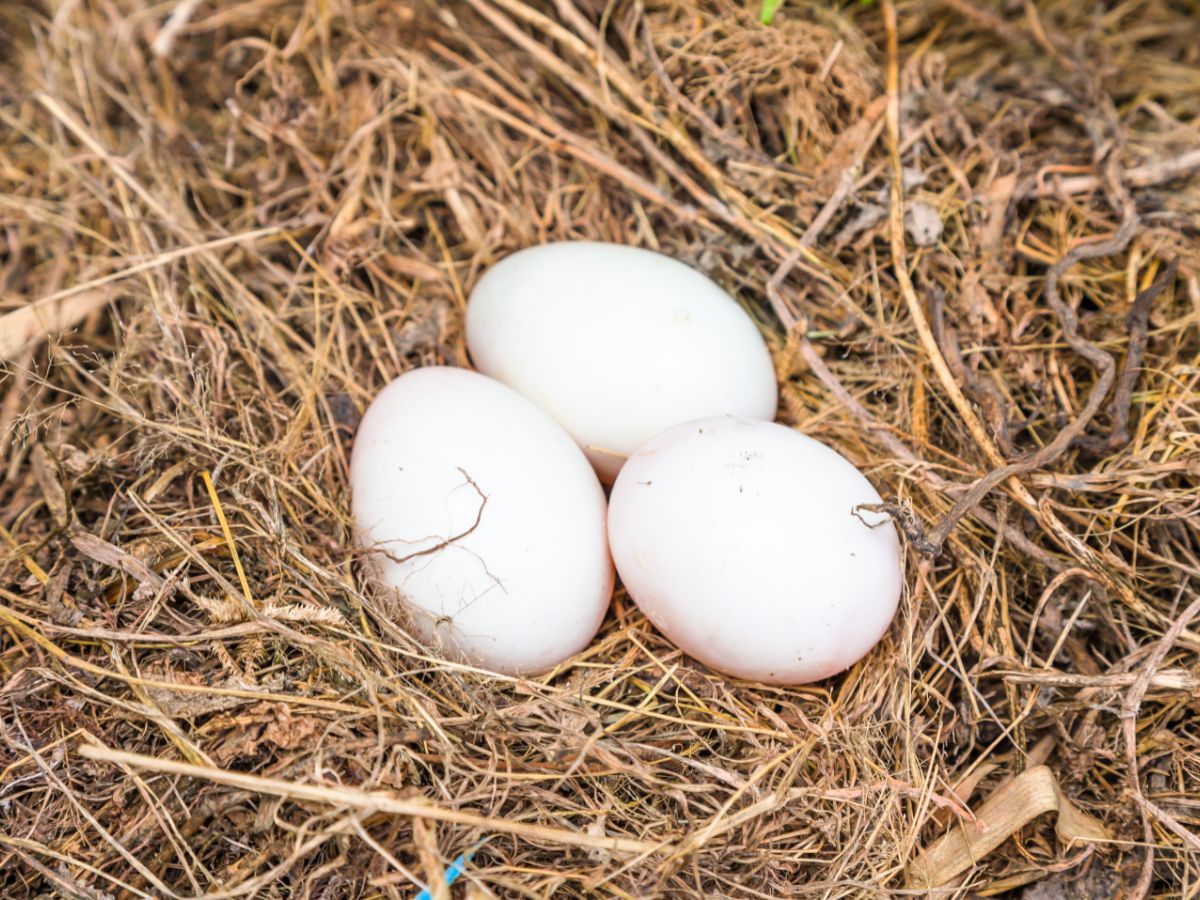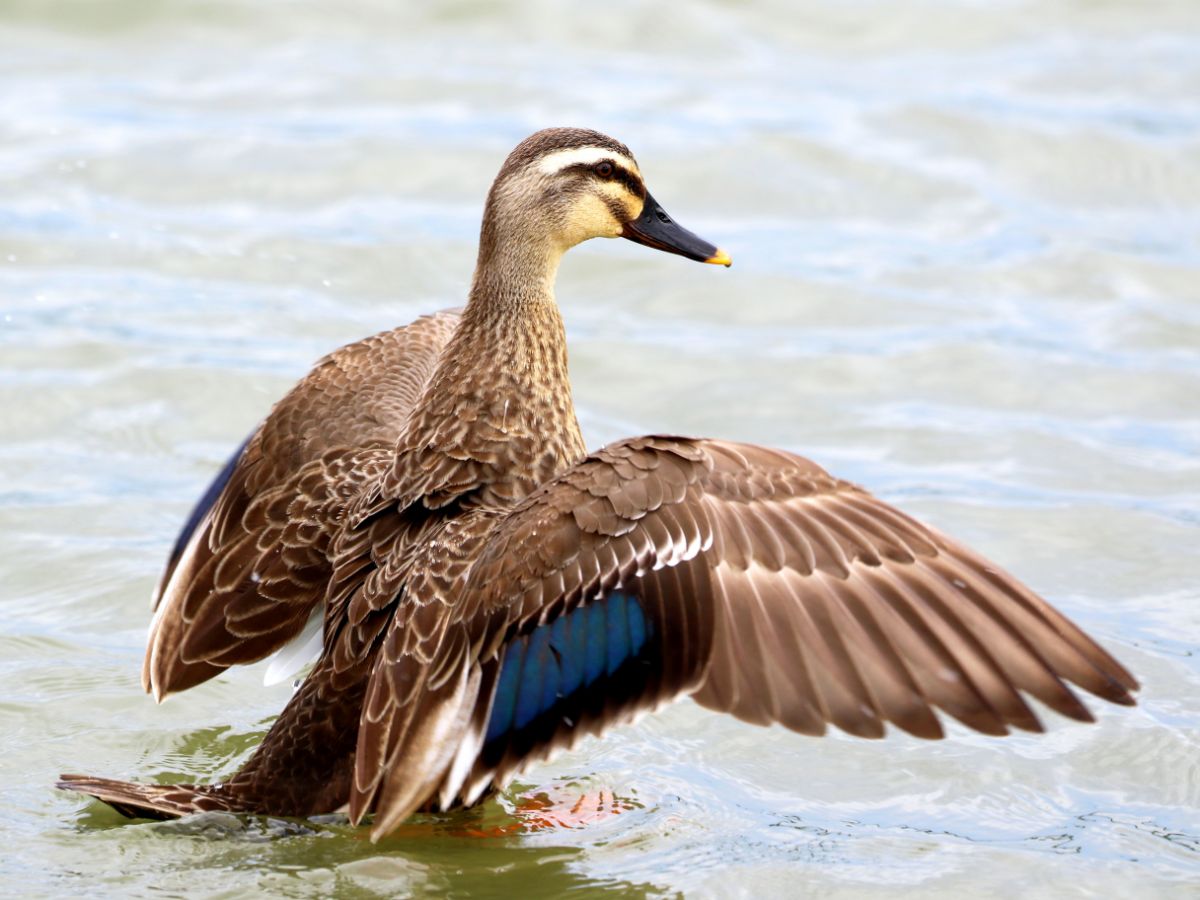Leaving a feathered flock at home is something first-time chicken owners get worried about, but travel is undoubtedly necessary at times. As such, the question of how long you can leave your chickens alone arises.
You should only leave your chickens alone for a maximum of three to four days. After that, getting a “chicken sitter” is advisable. Factors that influence this three to four-day duration include considering food, water, shelter, weather, space, predators, boredom, stress, and anxiety.
If you want to know everything there is to know about what to do if you are planning a trip away and need to leave your chickens at home, then this article is for you. It will cover all considerations you have to account for, including what elements threaten your chickens, what to expect, necessary steps to take, and more.
Contents
How Long Can You Leave Chickens Alone?
The maximum acceptable amount of time for chickens to be left alone is between three and four days. This time frame can only be considered if a suitable amount of food, water, and shelter can be maintained for this period.
Although this amount of time is considered standard practice, if adequate measures are factored in, the time frame chickens can be left alone can vary considerably.
Why Can Chickens Be Left Alone?
Chickens can be left alone because, mainly, they are deemed to be self-sufficient animals for the most part. Although humans have domesticated chickens over the last 8,000 years, they were once wild animals and only now heavily rely on humans for a constant supply of food and water.
Moreover, chickens don’t necessarily tend to miss their owners, and the associated feelings that they display towards people are thought to be due to the association of food with individuals rather than the individuals themselves. Essentially this means that if you are gone for a period of time, then your chickens won’t miss you if there is an abundance of food.
Additionally, this means that they do not associate or get stress or anxiety if their owner is away for an extended period of time.
What Causes Stress To Chickens If They Are Left Alone?
It will help if you remember that stress can have such a negative impact on chickens that, in some extreme cases, it may even lead to a heart attack and death.
However, even though the owner’s absence will not cause stress, certain factors will contribute to a chicken’s stress levels if left alone, and these should be taken into account and managed before you leave.
Some of these elements (depending on their severity) are the reasons why chickens can only be left alone for three to four days. These are namely;
- Predators
- Egg laying
- Diet (food and water)
- Space
- Weather
Predators
Predators are a major concern to a chicken’s stress levels, and the predators that prefer to hunt chicken are usually scared off by people. This means that when an owner is not around, they are more likely to be roaming about looking for their next meal. Some of these predators include;
- Dogs
- Raccoons
- Coyotes and foxes
- Weasels
- Hawks or owls
- Bears
Thus, ensure that your chicken coop has a raised structure or solid flooring with hardware cloth lining the windows and a secure coop door.
Remember that the longer you are away, the more time these predators have to figure out how to get into the coop.
Egg Laying
Laying an egg takes between 24 and 26 hours, and chickens require a safe place to do so during this period. This factor ties into the role of predators roaming about when you are away.
Not having a dark, dry, soft, warm, and secure area to lay their eggs can cause chickens severe stress, which is only surpassed by the fear of predators.
Food And Water
Luckily enough, chickens won’t overeat, so you can leave enough food (which we will discuss later) for them over the course of time that you are away.
However, if you’re considering that you can leave them ample feed and water that will last weeks, you would be mistaken. This is because excessive food is bound to attract vermin, such as rats looking for an easy meal.
This is another reason why only a sufficient amount of feed that will last three to four days should be considered.
Conversely, if you don’t correctly calculate how much feed is required and they run out, then the element of stress will arise in them.
Space
Leaving your chickens alone means you will most likely secure them up in their coop. However, it should be noted that chickens, in fact, get cabin fever if locked up for extended periods of time.
It will help if you remember that chickens are naturally inclined to roam and range, grazing daily as a group. Keeping them locked up in a coop to keep them safe from predators is only viable for a few days, then severe stress will set in.
Weather
Although chickens prefer to be outdoors, even in harsher weather conditions, they will be affected by it. Whether you have locked your chickens up in a coop while you are away or securely fenced them in a chicken run outdoors, the weather is something you should consider that will cause chickens to stress.
Being outdoors in the sun can be as harmful and impactful as being out in the dead of winter. You will need to ensure adequate shade for chickens that are left outdoors if you plan to go away.
Conversely, if it is wintertime and even if they are locked up in a coop, conditions may get so cold that they require a brooder, and leaving your chickens in them for the duration of your trip is not advisable.
Weather will play a major role in how long you are able to leave your chickens alone.
Will Chickens Get Lonely If They Are Left Alone?
Although research has shown that chickens can distinguish between more than 100 faces (this includes their own species and humans), they are able to be left alone and not suffer from stress if their owner is away (as stated).
However, chickens will get lonely because they naturally flock together for warmth, company and comfort, especially when stressed or frightened.
Consider that solitary chickens can resort to self-harm to relieve stress which is directly related to boredom.
Thus it would help if you did not leave your chickens alone or cooped up for an extended period of time longer than three to four days.
Can I Leave Chickens Alone For Longer Than 3 Or 4 Days?
The only time you should consider leaving your chickens alone for longer than three to four days is if you are able to get a “chicken sitter.”.
This can be your neighbors, friends, or anyone else who will check up on your chickens to see that they are fine and give them additional food and water if necessary.
How Much Food And Water Do Chickens Need When Left Alone?
An adult laying chicken will consume approximately 1/2 (half) a cup of feed a day, equating to 1/4 lb (one-quarter pound) and to 1.75 lb a week. Consider that this is only for one chicken; you will have to multiply this rough estimate for as many chickens as you have to take into account the number of days you will be away.
In terms of water, a standard rule is that they will drink twice or three times the amount compared to the feed they eat. This means one and a half cups of water (about 500 milliliters) per chicken per day if they eat half a cup of feed per day.
If you have a large flock of chickens, this can be quite a considerable amount of food and water if you plan to go away for more than three to four days. As stated, the longer you are away, the more food and water they will need, which can attract unwanted rodents.
Things To Do Before You Leave Your Chickens Alone
You will need to undertake a few tasks to ensure your chickens’ health and wellbeing when you are away. If done correctly, there is no need to worry about your flock for the duration of your trip. These include;
- Leave extra treats
- Get extra feeders and waterers
- Secure the coop with wire mesh flooring
- Install a predator light
- Install an auto door
- Clean the coop before you go
- Ensure they are safely
Conclusion
Although chickens can be left alone because they are self-sufficient to a degree, only relying on humans for food and water, it is not advisable to leave them alone for longer than three to four days.
This time frame is typically adopted as standard practice because various factors that influence this time period need to be accounted for. Some include food and water, shelter, predators, weather, and more.
If you take these into account, your chickens should be perfectly fine for three to four days and if you plan to stay away longer, then it is advisable that you get a friend or neighbor as a “chicken sitter.”




